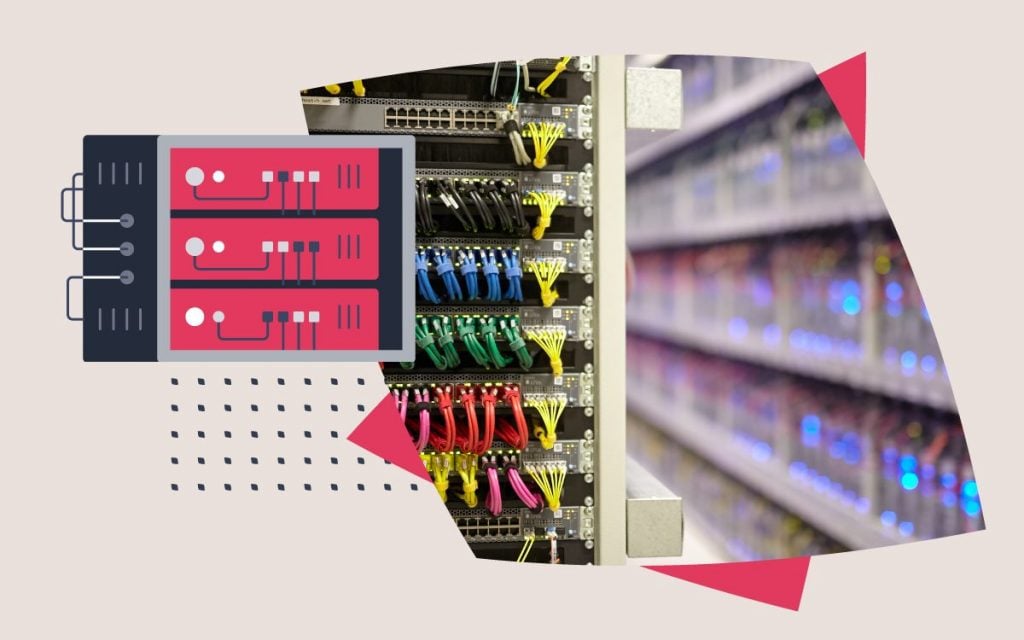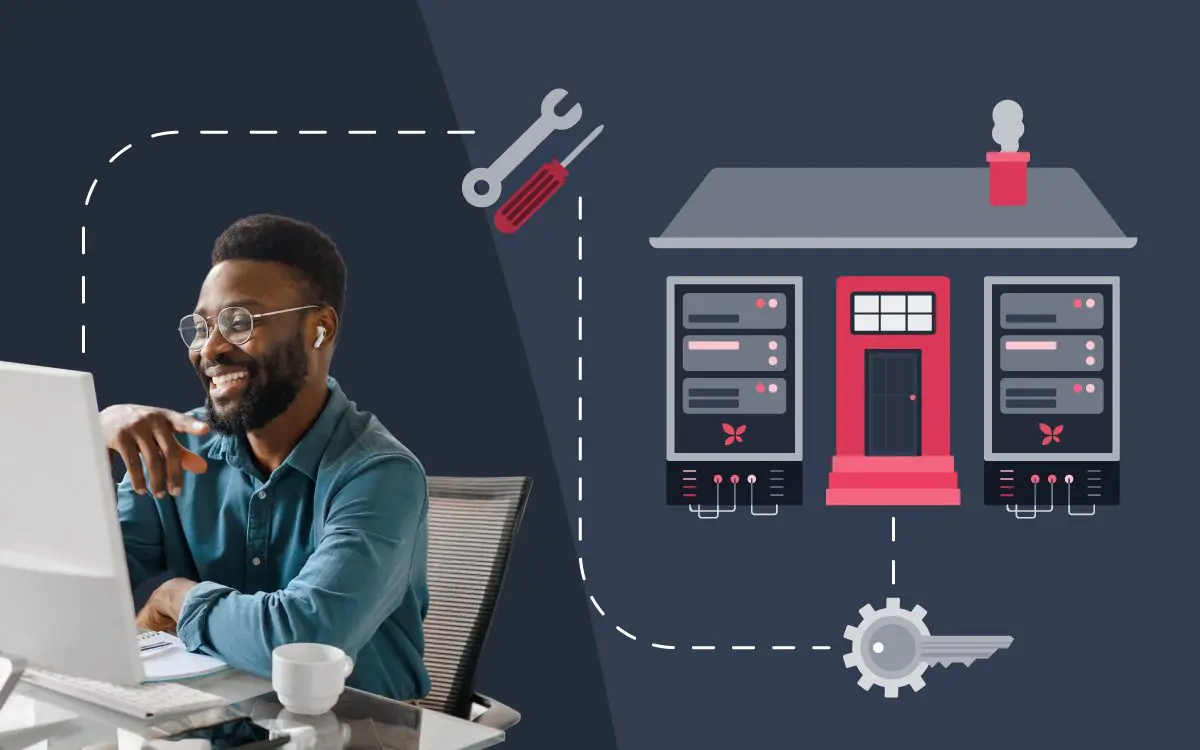How to fix a slow website
If you feel that your website is slow, use a site speed testing tool such as GTmetrix, Pingdom Tools or Page Speed Insights to investigate if your site is really slow or if another factor is slowing the speed that you reach your site. Bear in mind, though, that these page speed testing sites are located overseas; if your site is hosted locally in South Africa, international latency may be affecting the results and your site will appear slower than when accessed locally.
There are several possible reasons that a website may be slow or difficult to reach. Some of the most common reasons are listed here:
Large images
Large images, lots of images or a lot of content that needs to load upon visiting the site can cause slow response times since all the content will need to be fetched from the server by your browser. We recommend scaling/reducing the size of your images before uploading them and to use image compression.
We support a web server Apache module called ‘mod_deflate’, which is used to compress data using gzip compression before sending it to the user. See How to optimise your site with GZIP compression
Also, consider how to leverage browser caching for large images.
Optimisation
Your site may need to be optimised. Google’s PageSpeed and Pingdom offer some great insights into how you can improve your site’s speed:
DNS
Make sure that your DNS records are resolving by using a tool like MXToolbox’s DNS checker.
Have you recently moved your domain between our German and South African servers? If so, make sure that your configuration file is updated to use the correct database in the correct location. If for instance, your website is hosted in SA and a database on a German server is still being referenced, this can cause extremely sluggish response times. Rather make sure both reside in the same geographical location.
To check where your databases are hosted, use the Manage MySQL tool to find the database server name e.g. sql32.jnb2.host-h.net. cpt and jnb in the server name refer to South Africa and nur or flk refer to Germany.
If you have a Wordpress site, your database connection strings will be stored inside the file called wp-config.php in your domain’s public_html folder. For a Joomla site, this would be inside the configuration.php file.
The hosting location can affect the speed at which your website loads. Depending on where the majority of your customers/ visitors are based, you may want to change your hosting location. International customers may want to consider hosting in Germany. Please contact us to request a change in your domain’s hosting location.
Internet connection
Use a connection speed testing website like SpeedTest to determine if your up- and download speeds are slow overall. Also, try browsing to a couple of sites that are not cached to determine if it is only your site that is slow or whether you have the same experience with trying to reaching other sites. If your speed test shows a bad result, contact your internet service provider.
Server or Network problems
We can assist you in identifying possible high server load or network problems reaching our service. Although we can’t control network performance outside of our own network, we may be able to address the matter through our backbone provider or advise you on who to contact.
Before submitting any report, please check our Network Notifications to see if there is an outstanding network or server issue that might be the cause of your problem. If a notice has been posted, we are actively working on the issue.
If no notice is present, please run an MTR and send the complete results to support@xneelo.com so we can investigate the matter.
Also, see How to optimise a WordPress website








